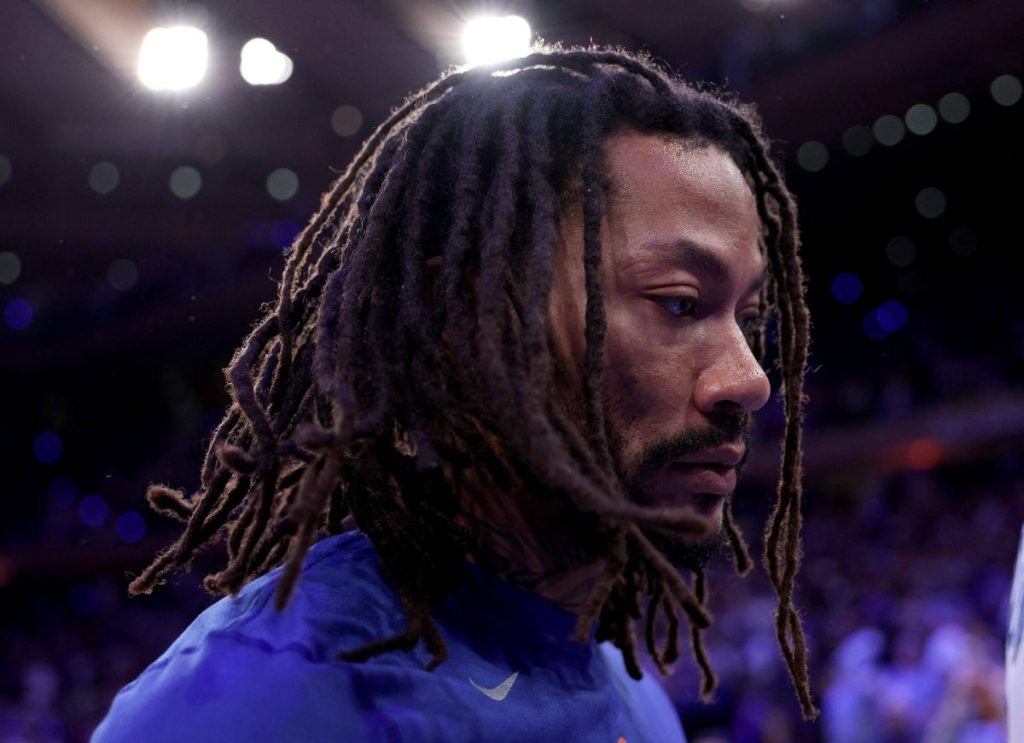Derrick Rose’s recent retirement from NBA shines a spotlight again on one of the ugliest off-court incidents in the sport’s recent history. Despite being found not liable for the alleged gang rape of his former girlfriend in 2016, allowing him to continue his career free of legal distractions, the case stained his reputation on and off the court. This verdict made it easier for some fans to forget about his alleged transgressions and focus on his career. However, many argue that being found not liable is not synonymous with innocence, therefore demanding a recall of his actions off the court as well upon his retirement.
Rose carried on to play a commendable career in the NBA for eight more seasons. Despite dealing with repeated injuries and making multiple recoveries, he eventually succeeded in becoming a value-adding depth guard and veteran mentor for the New York Knicks, much akin to Vince Carter. Off the court, he was found not liable for his ex-girlfriend’s rape charges. He publicly admitted going over to sleep with her along with his friends, and sending her sexually explicit videos despite her refusal.
The instances of the trial that were undeniably acknowledged by Rose included his intent of having group sex with his former girlfriend despite her refusal, and his lack of understanding towards the concept of consent. The accusations made against him cannot be hidden under the guise of success on the court during his career. They were an exhibit of how he behaved in that particular scenario, regardless of who else in the industry acted similarly.
The fact that these events transpired over a decade ago and as tried eight years ago has little bearing on their relevance today. It is undeniable that with his professional success, Rose helped bring one of the NBA’s top teams back into the spotlight. His story forged an emotional connection with his fans, particularly those from Chicago. Yet, this bond doesn’t justify his off-court behavior and how it made others uncomfortable following the sport.
Rose’s case emphasizes the sense of entitlement some athletes feel, making lives discomforting for others. A repercussion of that was the introduction of new policies by the NBA and NBPA on domestic abuse, sexual violence, and child abuse a year post Rose’s trial. The policy’s effectiveness can’t be verified as incidents continue to occur. One possible outcome is that it might have simplified team selection decisions.
Rose’s retirement consequently draws mixed sentiments. His on-court performance is weighed against the trial revelations about him off the court. It feels almost impossible yet necessary to attempt coupling these two aspects. The attempt to separate them seems selfish, distinguishing between the brilliant and brutal. This underlines the duality of being a sports fan, where exceptional circumstances reveal both the best and worst of human capabilities.


